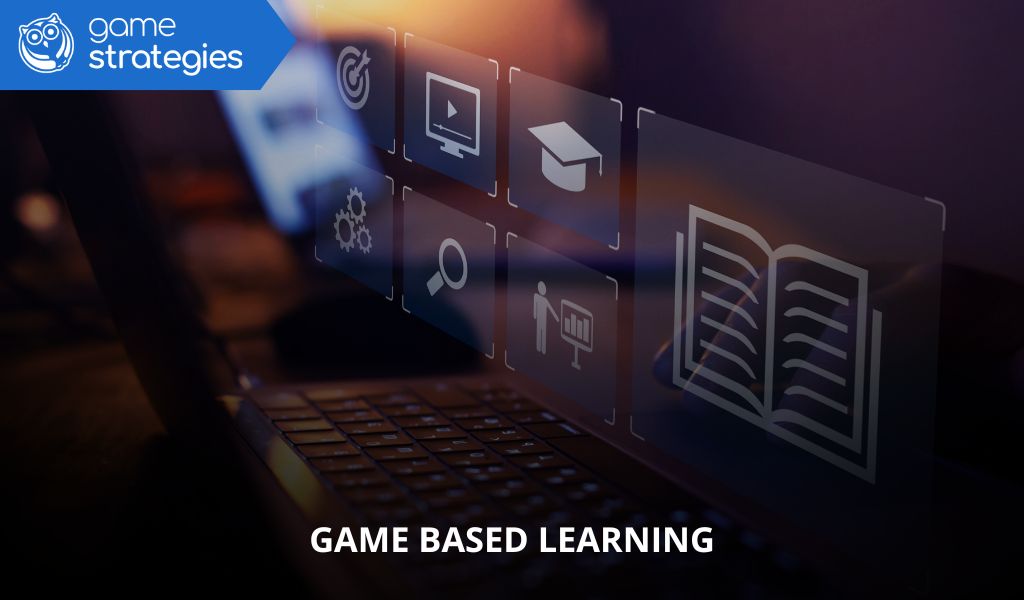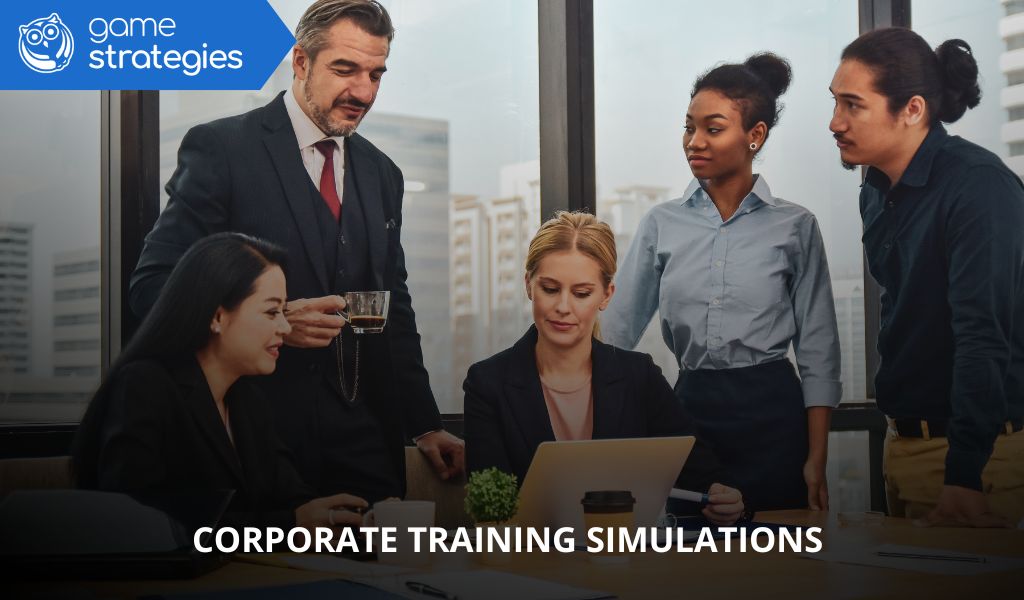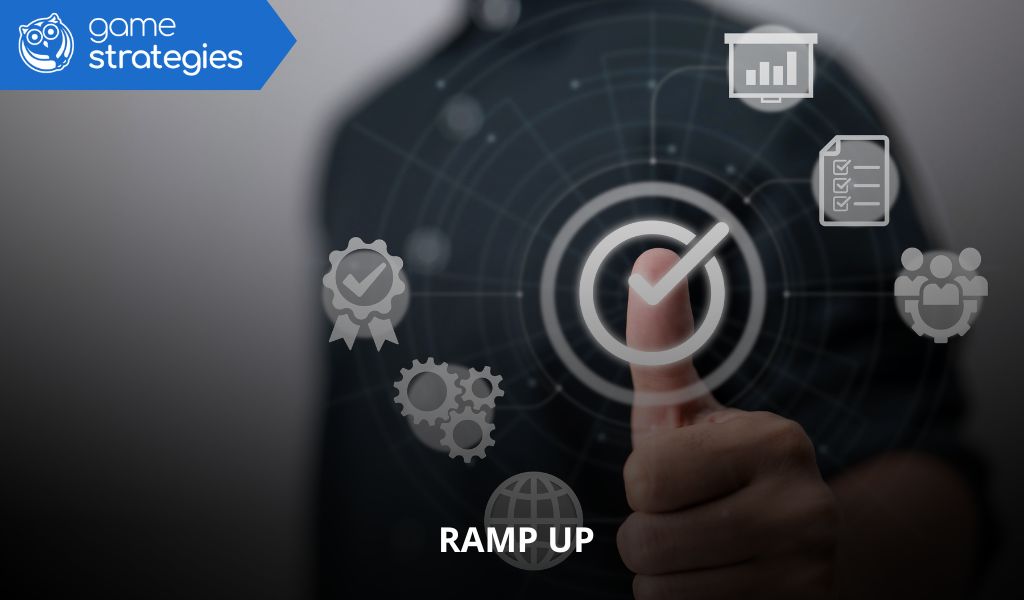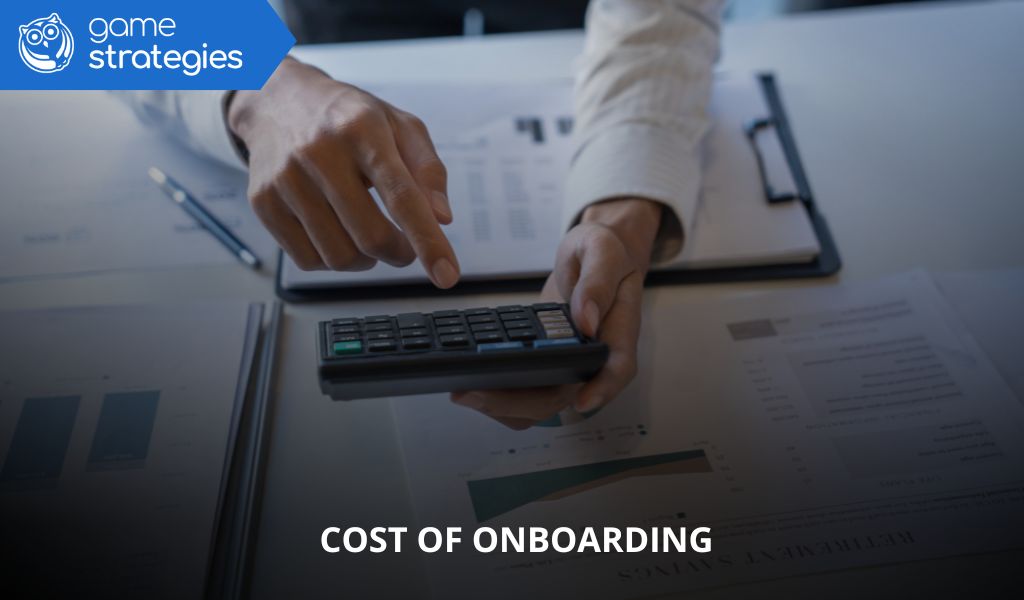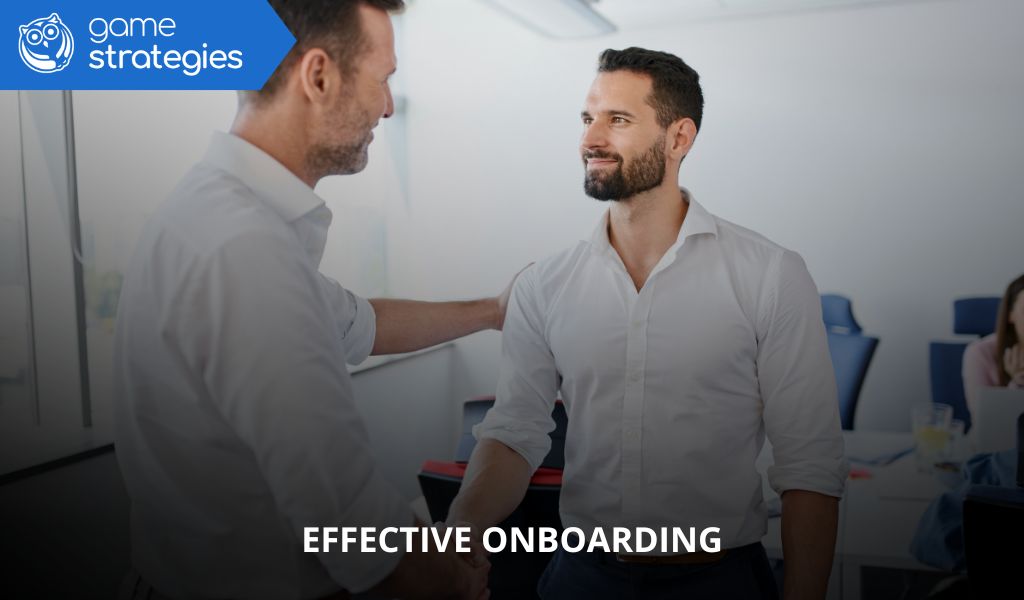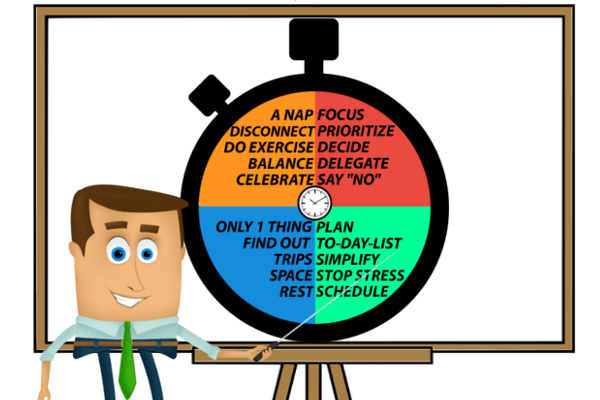Game based learning: what it is and why it matters
Definition and key concept of game based learning
Game based learning is an instructional approach that uses video games as the primary resource to teach specific concepts, skills or content. Through playful interaction, learners solve problems, make decisions, collaborate and build competencies in a meaningful way.
Gamification vs. game based learning
- Gamification applies game mechanics—points, rewards, levels—in non-game contexts to raise motivation.
- Game based learning uses complete games, purpose-built or commercial, to teach content directly.
In short, gamification modifies the environment; game based learning transforms the learning resource itself.
How video games influence the learning process
Video games stimulate attention, logic and problem-solving through challenge–reward loops. They promote experimentation, autonomy and often teamwork, allowing practice of soft skills such as communication and leadership in realistic scenarios.
Benefits of game based learning
Increased engagement and motivation
The playful nature of games sparks intrinsic interest, leading to higher participation and persistence.
Better knowledge retention
Learning by doing—and playing—anchors concepts in long-term memory through interactive practice.
Development of critical thinking and problem-solving
Many games require planning, decision-making and adaptation, sharpening analytical and strategic abilities.
Personalized pacing for every learner
Games let players progress at their own speed and level, reducing frustration and supporting inclusive learning.
Instant feedback and measurable progress
Scores, achievements and levels provide continuous feedback, helping learners self-correct and stay motivated.
Types of game based learning
Educational games designed for learning
Built specifically for pedagogy and aligned with curricula—e.g., DragonBox for math, LightBot for coding.
Using commercial video games for educational goals
Entertainment titles adapted for class because of their rich mechanics or content—e.g., Civilization for history, Portal for physics.
Learning through simulations and virtual environments
Realistic simulators let learners practise skills with no real-world risk—common in medicine, aviation and corporate training.
How to apply game based learning in education

Classroom strategies for integrating video games
Set clear learning objectives, choose age-appropriate games, blend play with reflection and discussion, and guide students throughout.
Adapting educational content to game mechanics
Teachers can redesign curriculum topics into missions, challenges and rewards to reinforce understanding.
Assessing learning with game based tools
Measure progress inside the game, use rubrics, post-game quizzes or complementary activities to evaluate both knowledge and skills.
Game based learning examples
Minecraft Education Edition: creativity and collaboration
Students build worlds while learning science, history, math or languages, fostering teamwork and problem-solving.
Duolingo: language learning through game dynamics
Levels, rewards and daily challenges turn language acquisition into an addictive, game-like experience.
SimCity for urban planning and management
Learners explore urbanism, resource allocation and environmental impact, sparking debate and analysis.
Kahoot! for gamified review and assessment
Interactive quizzes with leaderboards transform tests into engaging competitions.
Portal: developing logical thinking
This puzzle game strengthens physics concepts and logical reasoning through progressive challenges.
Implementing game based learning in companies
Training and professional development through video games
Organizations use serious games and simulations to build soft skills, leadership, crisis management or cybersecurity competence without real-life risk.
Corporate examples of game based learning
- PwC employs management simulations to train new hires in conflict resolution.
- Deloitte integrates game mechanics and video games into its leadership programs.
- IBM created a serious game to teach sustainable business practices.
Game Strategies provides the technology, design and expertise to bring game based learning to classrooms and workplaces. Explore more at gamestrategies.io or contact us to tailor a solution for your organization.
¿De cuánta utilidad te ha parecido este contenido?
¡Haz clic en una estrella para puntuarlo!
Promedio de puntuación 0 / 5. Recuento de votos: 0
Hasta ahora, ¡no hay votos!. Sé el primero en puntuar este contenido.

